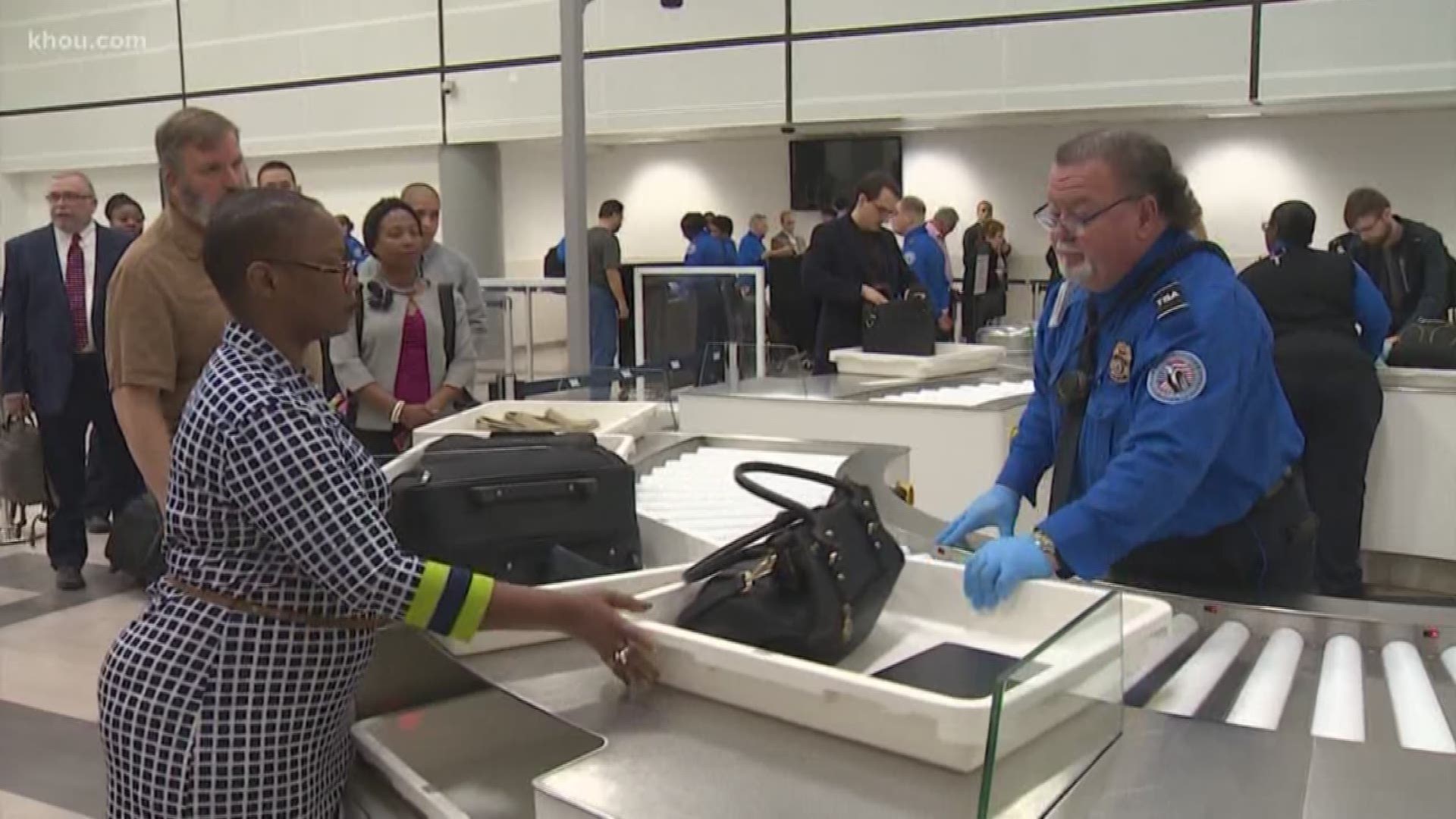SEATAC, Wash. — Facial-recognition technology won't be widely implemented at Seattle-Tacoma International Airport for the time being.
Port of Seattle commissioners approved a moratorium on some biometric technology until guiding principals can be established. The decision to hit pause comes at a time when the technology is being pushed at the federal level.
The move makes the Port of Seattle the first port in the United States to adopt principals to ensure public-facing facial-recognition technology is "clearly justified, equitable, and transparent."
The commission voted to delay the expansion of facial-recognition technology as U.S. Customs and Border Protection works with the port and airline partners to incorporate the technology into the arrival process for nearly all international travelers. Customs and Border Protection intends to install the technology in the new, expanded International Arrivals Facility that is expected to be open by the fall of next year. The federal government will control the area where international travelers arrive.
Earlier this month, Customs and Border Protection sent the Port of Seattle a letter agreeing with the motion approved by Port commissioners.
"This letter is to confirm CBP's agreement with the principles outlined ... and to commend the Port of Seattle Commission on its efforts regarding adoption of biometric technology at its facilities," the letter reads in part.
The moratorium does prevent airline partners from implementing the technology, however. Delta Airlines planned to expand its facial-recognition technology at Sea-Tac, making it part of the routine check-in process for some international flights.
Port commissioners expressed their concern in November.
“We do not want technology that is enabling surveillance across our footprint, and we need to be explicit about that so there's no question to the public,” Port of Seattle Commissioner Courtney Gregoire said during an October meeting on the technology.
Biometric technology being used now will not be impacted by the Port's decision.
During a presentation on Tuesday, a list of suggested guiding principals for facial-recognition technology was released:
- Justified - Should be used only for a clear and intended purpose and not for surveillance on large groups without a lawful purpose.
- Private - Should be stored for no longer than required by applicable law or regulations, and should be protected against unauthorized access.
- Equitable - Should be reasonably accurate in identifying people of all backgrounds, and systems should be in place to treat mismatching issues.
- Transparent - Should be communicated to visitors and travelers.
- Lawful - Should comply with all laws, including privacy laws and laws prohibiting discrimination.
- Ethical - Should act ethically when deploying technology or handling biometric data.
- Voluntary - Should be voluntary and reasonable alternatives should be provided for those who do not wish to participate through an opt-in or opt-out process.
The Port's vote also establishes a working group to develop policy recommendations governing biometric technology by March 31, 2020.
Formal policy is expected by June 30, 2020.
“We know of more than 20 other airports that have implemented facial recognition technology, but no other Port has undergone a public process to ensure that implementation would protect passenger rights, and be limited, transparent, and ethical,” Port of Seattle Commission President Stephanie Bowman said. “We feel that our community expects more than to have this kind of technology rolled out without any public discussion or input. When this Commission adopts policies in 2020 we will have and have the opportunity to create the nation’s best practices for public-facing biometrics.”
Airports currently using facial recognition technology include Atlanta, Dulles, Ft. Lauderdale, Houston, JFK, Las Vegas, LAX, Miami, Orlando, San Diego, San Jose, and Portland, Oregon.

